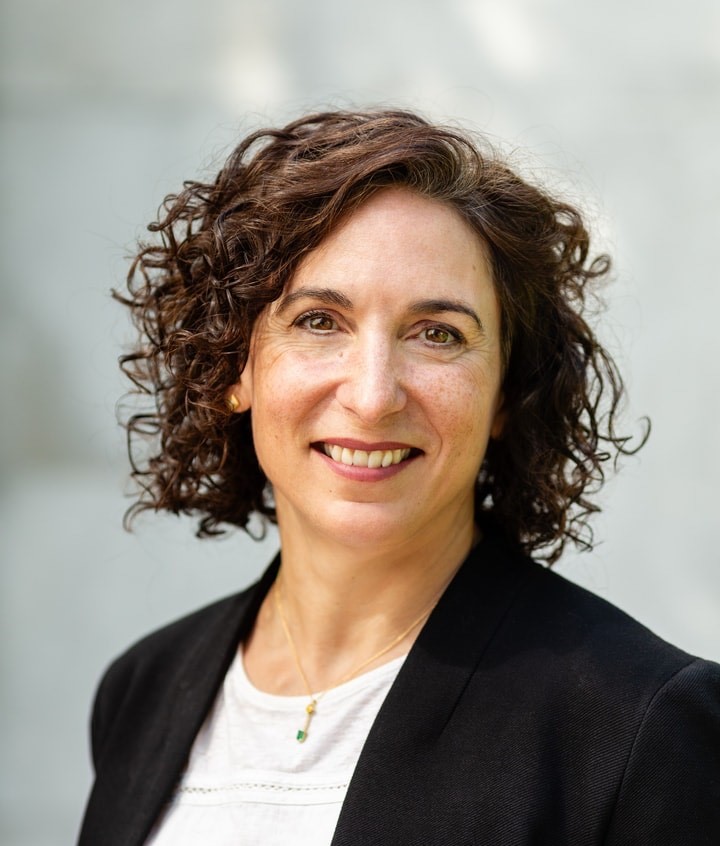Review of We Are Grateful: Otsaliheliga
We Are Grateful: Otsaliheliga
by Traci Sorell; illus.

by Traci Sorell; illus. by Frané Lessac
Primary Charlesbridge 32 pp.
9/18 978-1-58089-772-3 $17.99
e-book ed. 978-1-63289-633-9 $9.99
“Cherokee people say otsaliheliga to express gratitude. It is a reminder to celebrate our blessings and reflect on struggles — daily, throughout the year, and across the seasons.” An extended family engages with activities and traditions that express gratitude and carry on Cherokee history and culture, such as stomp dancing at the Great New Moon Ceremony, basket weaving, making corn-husk dolls, and playing stickball. The book underscores the importance of traditions and carrying on a Cherokee way of life while simultaneously incorporating modernity and challenging dated media images of Indigenous people. Here, a father sporting an earring and a topknot minds the children; a family bids goodbye to a clan relative who deploys with the U.S. military. Skin colors range from light to dark, visually underscoring the book’s message of diversity and inclusion. Staying firmly upbeat and idyllic, the cheerful, richly detailed gouache illustrations in bright, saturated colors cycle through the seasons, beginning with the Cherokee New Year in autumn. The text includes several Cherokee words; a line of text in a smaller font along the bottom of the page provides each word as written in the English alphabet, its phonetic pronunciation, the word as written in the Cherokee alphabet, and its definition. A glossary, an author’s note on Cherokee culture, and a complete Cherokee syllabary conclude this attractive and informative book.
From the November/December 2018 issue of The Horn Book Magazine.

RELATED
RECOMMENDED
ALREADY A SUBSCRIBER? LOG IN
We are currently offering this content for free. Sign up now to activate your personal profile, where you can save articles for future viewing.







Add Comment :-
Be the first reader to comment.
Comment Policy:
Comment should not be empty !!!